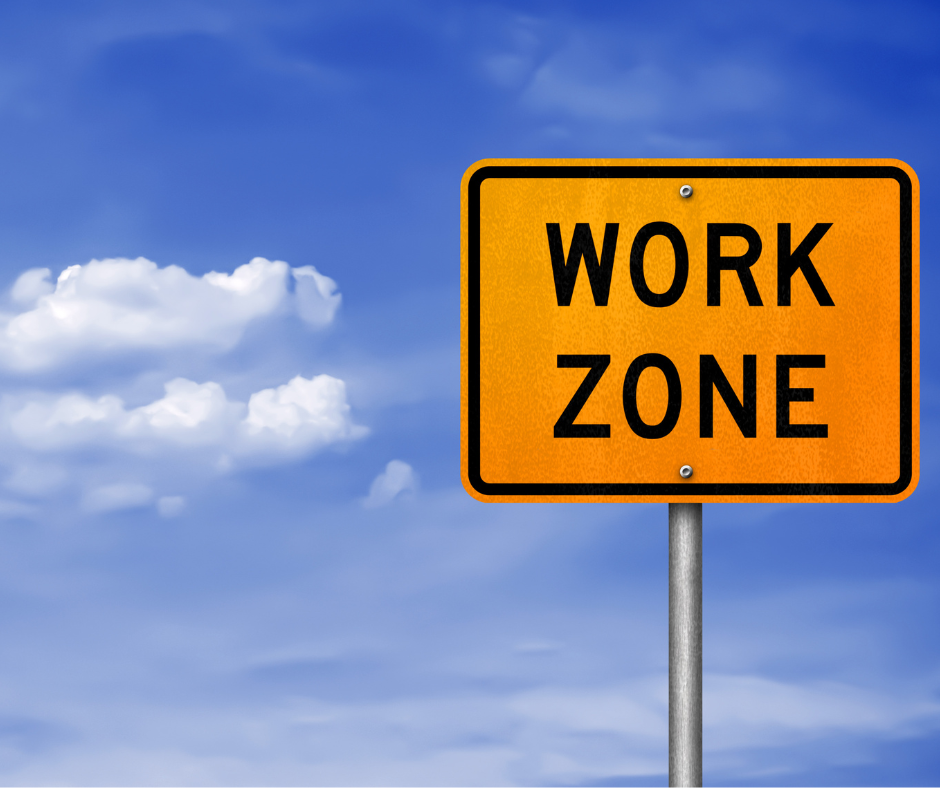
Terminal illness and disability benefits: What you need to know
June 2, 2022
Slow down this summer: Here are some safety tips for work zones
August 10, 2022Dust in your workplace can be a hazard, but it doesn’t have to necessarily be a risk – or lead to an injury or illness.
The fact is, dust in your workplace can be found no matter what type of job you do and it’s always something to be aware of, as exposure can lead to some respiratory illnesses, skin conditions and injuries or other ailments.
Dust is considered an occupational hazard.
So, what do you need to know about dust in the workplace? Here are a few things to consider.
Short vs. long term exposure to dust in your workplace
Dust can be something you are exposed to for a short time or a long time, depending on the conditions, your job and other outside factors. Short-time exposure to dust can cause eye or skin irritation and breathing issues like coughing but generally, it isn’t a risk to your health.
But long-term exposure to dust can cause asthma or other conditions that can limit your health and well-being. It could also cause eye damage or irritation and depending on the type of dust and exposure level, dust can also scratch your eyes.
Possible health issues
For some jobs, there is a long-term exposure to dust which can lead to serious health issues and conditions. For some of these concerns, it can take years for them to develop and it might not be immediately apparent that dust was the cause.
Some conditions that can be caused by long-term exposure to dust include: Asthma, pneumonia, certain cancers (lung and skin) and more. And depending on the type of dust particles, other conditions might occur.
Staying safer
So, what can you – or your employer – do to keep you safer from dust in your workplace?
Proper ventilation can make a big difference in dust exposure, as can wearing proper gear like a mask to filter out dust and debris.
Training can also help you be aware of the risks and you should always report to your employer any potential illnesses or injuries that you think could have been caused by dust.
Connor Kimmet and Hafenstein LLP
If you have questions about dust and a possible injury or illness, our experienced attorneys can help you. We have a lawyer who will work for you and can answer your questions!




